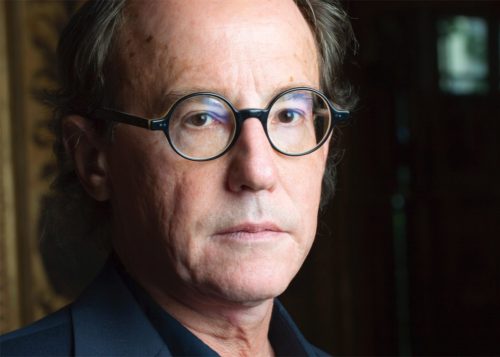Mark Lilla, whose attitude and intellectual posture generate equal parts admiration and annoyance for more than a decade, is never short of things to say. Whether its dismantling the cult of Derrida and introducing Americans to the “European” Leo Strauss in the pages of The New York Review of Books or chronicling the deep theologico-political problem afoot in contemporary France, Lilla rarely fails to bring his erudition to bear. Unfortunately, he sometimes brings his obnoxious arrogance as well. For instance, his review of Brad Gregory’s The Unintended Reformation was an unfortunate blend of generalizations and dismissals even if Lilla’s observations on narratives of decline wasn’t entirely off the mark. And that’s the thing: Lilla is seldom off the mark entirely; he just sometimes overlooks (or omits) arguments and facts unhelpful to his positions. Consider, for example, his brief book The Stillborn God. Ostensibly a critical history of the intersection of religion and politics in modernity, the work is guilty of the “slight oversight” of leaving out the Catholic Church.
Now Lilla returns with a bit of political soul searching, The Once and Future Liberal. Lilla, who self-identifies as a liberal in the largely American sense, believes that liberalism has foregone a vision of the common good in favor of tethering itself to identity politics. At the same time, it is also a critique of the individualism of contemporary liberalism, specifically where politics is bound up with the self and what is good for the individual based on his preferences, whims, orientations, etc. The Once and Future Liberal is as pithy as it is powerful; it is a call to action, nay, repentance for American liberalism, one which will no doubt be difficult to hear at this juncture in history.
Not being a liberal in any sense whatsoever, I approached Lilla’s work with integralist, but not unsympathetic, eyes. It is rare that any political, social, or religious movement comes to terms honestly with its own failures in the hope of building itself back up. While portions of Lilla’s book contain obvious finger pointing, it is not unfair finger pointing. Liberal elites within the Democratic Party and society at large should be held accountable for the bad ideological bets made since the collapse of the New Deal-Great Society project in the 1970s. The question now is whether there are liberals with Lilla’s knack for self-criticism and imaginative rethinking who are willing to take up his call for a refreshed liberalism.
In the next four web-log posts, I will consider Lilla’s argument in The Once and Future Liberal on a chapter by chapter basis, including the Introduction. Are there important details Lilla omits from his work? What, if any, lessons can Catholics faithful to the Church’s social magisterium take away from Lilla’s observations? And, above all, is Lilla’s hope for liberalism renewed even desirable at this stage in history? Or does his critique ultimately point beyond itself to what comes after liberalism?

